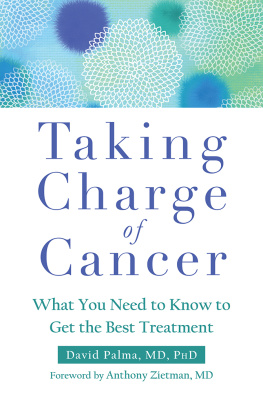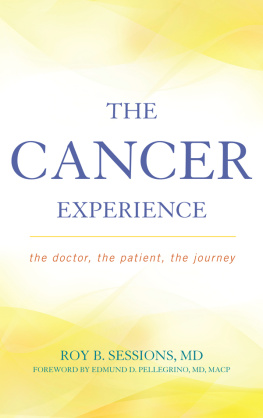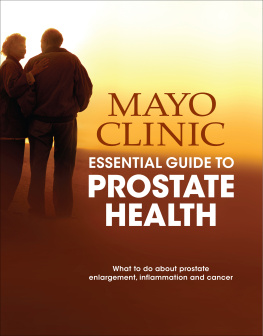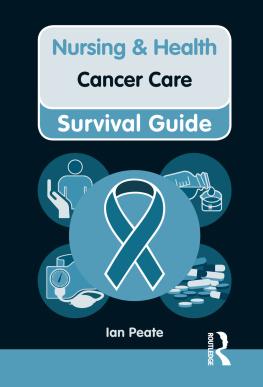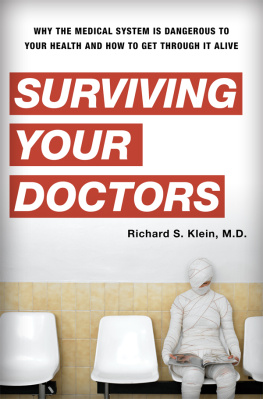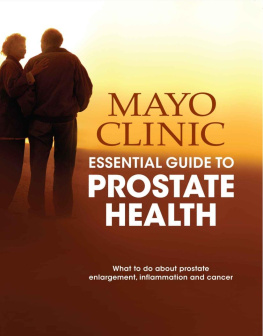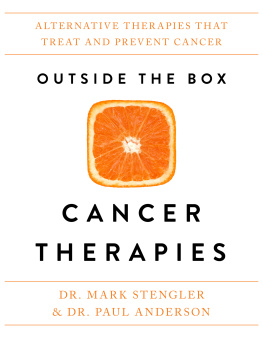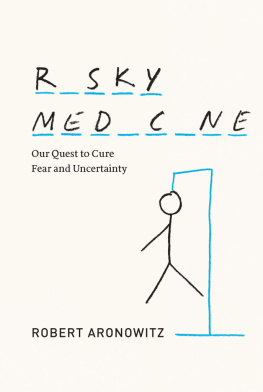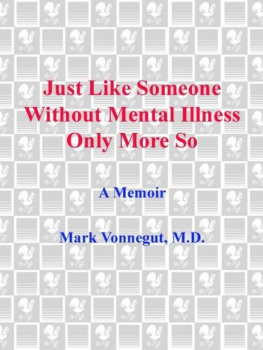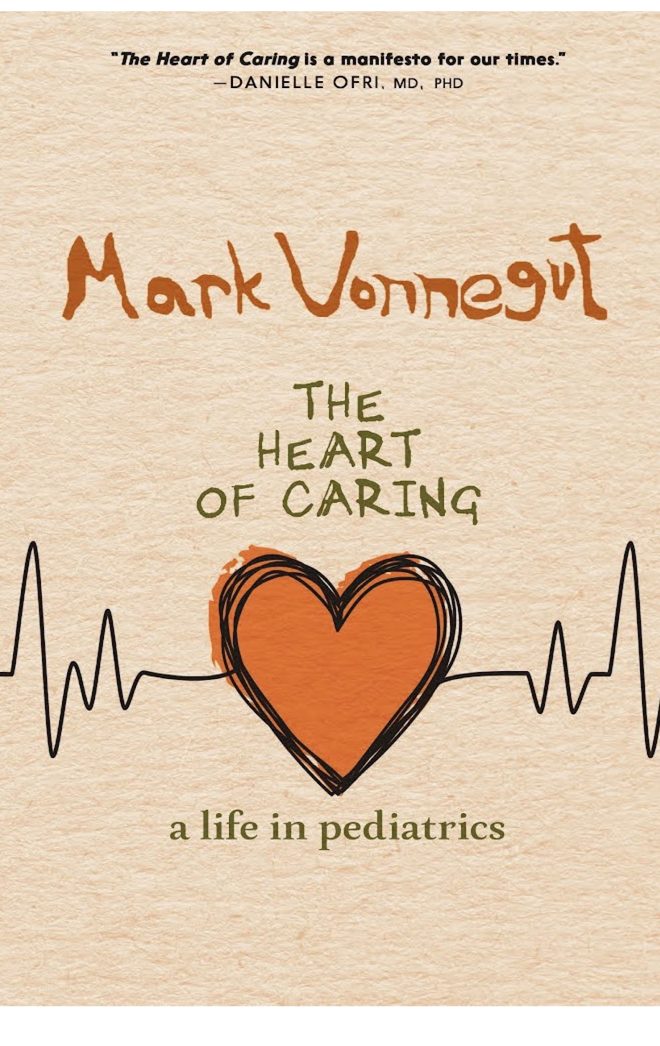THE
HEART OF CARING
a life in pediatrics
MARK VONNEGUT, M.D.
SEVEN STORIES PRESS
NEW YORK OAKLAND LONDON
Copyright 2022 by Mark Vonnegut
All rights reserved.
No part of this book may be reproduced,
stored in a retrieval system, or transmitted in any
form or by any means, including mechanical, electronic,
photocopying, recording, or otherwise, without the
prior written permission of the publisher.
SEVEN STORIES PRESS
140 Watts Street
New York, NY 10013
www.sevenstories.com
College professors and high school and middle school teachers
may order free examination copies of Seven Stories Press titles.
Visit https://www.sevenstories.com/pg/resources-academics
or email academics@sevenstories.com.
Library of Congress Cataloging-in-Publication Data
Names: Vonnegut, Mark, author.
Title: The heart of caring : a life in pediatrics / Mark Vonnegut, M.D.
Description: New York, NY : Seven Stories Press, [2021]
Identifiers: LCCN 2021035222 (print) | LCCN 2021035223 (ebook) | ISBN
9781644211052 (hardcover) | ISBN 9781644211069 (ebook)
Subjects: LCSH: Vonnegut, Mark--Health. |
Pediatricians--Massachusetts--Boston--Biography. | Sick children |
Physician and patient. Classification: LCC RJ43.V66 A28 2021 (print) | LCC RJ43.V66 (ebook) | DDC 618.9200092 [B]--dc23
LC record available at https://lccn.loc.gov/2021035222
LC ebook record available at https://lccn.loc.gov/2021035223
Printed in the USA.
9 8 7 6 5 4 3 2 1
To patients, teachers,
and parents everywhere,
Thank you for letting me
have such a good time
when I go to work.

Science knows no country, because
knowledge belongs to humanity, and is the torch which illuminates the world.
LOUIS PASTEUR, M.D.
Scientific work... must be done for itself,
for the beauty of science, and then there is
always the chance that the discovery may
become, like radium, a benefit for humanity.
MARIE CURIE, PH.D
CONTENTS
INTRODUCTION
I have had an absolute ball taking care of babies and children. Theres no greater honor than having people trust me with their children. Im afraid more newly minted doctors wont have the same choices, opportunities, and joy that Ive had. Ive been able to figure out how to take care of patients on my own terms, and it feels like getting away with something. When I tell medical students that I used to practice pediatrics for twenty dollars per visit, everyone paid cash, and three doctors shared one all-purpose employee, they think I must be talking about the dark ages. As things are, its now doubtful that young doctors will be able to practice primary-care pediatrics in the same community for forty-plus years.
There was nothing romantic or outdated about how we ran our practice forty years ago: we provided accessible, affordable, very high-quality care and we made a living at it. I was able to pay back my educational debt in eighteen months. Because many of todays residents are carrying half a million dollars in educational debts, going into primary care pediatrics is financially risky and private independent office practice is going the way of the dodo. People assume that there must have been a lot wrong with the way we did things and that whats replacing us must be more efficient. Not true.
The job of the doctor is to take care of patients. We did a better job of it forty years ago. There was an assumption that doctors knew what they were doing and would ask for help if they needed it. That alone saved many billions of dollars. When we saved money it went back into patient care. Patient care was 90-plus percent of what hospitals and doctors did. Now, coding, billing, and negotiating with insurers make up about half of what hospitals do.
The reasons why doctors cant afford to go into primary care pediatrics, 30 percent of hospitals have gone bankrupt, and patients cant afford medications are the same. The money went elsewhere. Back when patients paid cash, they had more power. Medical care cost a fraction of what it does now. And doctors had a much better time. We worked harder and there was no burnout.
The cure for burnout is letting doctors and nurses treat treatable diseases. It is what we went to school for. It would be (and is) infinitely more expensive to do anything else.
Remembering how to ride a bike
Life is like riding a bicycle. To keep your balance you must keep moving.
ALBERT EINSTEIN
Im a seventy-three-year-old man, shaved, showered, and ready to go to work. When I set up the office I have now, I had a shower put in. I thought maybe I could ride a bike to work and take a shower when I got there. The shower never got used, and we had to rip it out to make room for a giant new refrigerator to store vaccines.
I drive a bright-blue Mini Cooper with white racing stripes, a good sound system, and an extra forty horsepower that can make the car fly even when I dont mean it to. Two years ago I was stopped for speeding, but the cop let me go without a ticket or even a warning. I had been his pediatrician.
I saw and still see science as a refuge from ambivalence and uncertainty. In the eyes of science we are all equal. Whos right and whos wrong are supposed to be settled by math and science, not by who has the most money and power.
Science and progress dont advertise; they just are, and they belong to everyone. In the struggle between the mission of medical care and the money of medical care, surely mission would win. How could it not? I still believe that to be true, even though money is currently winning.
Forty years ago, I rode my bike approximately five mostly flat miles along the Charles River to Massachusetts General Hospital (MGH), affectionately referred to as Mans Greatest Hospital (because thats what it happens to be), where I was an intern and then a resident. I always rode as hard as I could and passed as many other bikers as I could. There might have been a blizzard or two that forced me onto the MBTA, but for the most part I rode to work regardless of the weather. I was not just another father, husband, and homeowner trying to support my family and having to borrow money; I was a bike racer. Now, my oldest son rides his bike to work regardless of the weather; it must be genetic.
At the end of the ride I entered MGHs pediatric service, where we took care of the worlds sickest, unluckiest babies and children. One important thing we learned was how to protect our patients from black magic, snake oil, and quackery.
Biking, sweating a little or a lot depending on the weather, I thought about meningitis, epiglottitis, sepsis, congestive heart failure, renal failure, cancer, cancer, cancer, failure to thrive, appendicitis. As interns we worked hundred-plus-hour weeks and slept at the hospital every third night in closets with creaky metal bunk beds. As junior and senior residents we worked a little less.
We were often able to save kids from illnesses that once were almost always fatal, like leukemia and meningitis. I remember the ones for whom we couldnt do much and the haunted look they had that seemed to say, You could save the others, why not me?
If there has to be such a thing as cancer, why do babies and children have to get it?
In 1979, the nurses, the doctors, the lab and x-ray techs, the receptionists, and everyone else at MGH shared the belief that we were doing good work, doing it well, and trying to do it better. It was freedom from the curse of ambivalence. MGH and other hospitals were independent entities. They could and did control what they did and how they did it.


